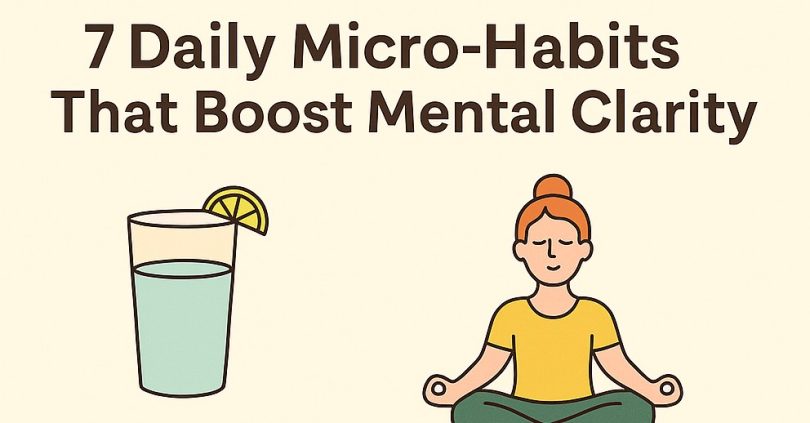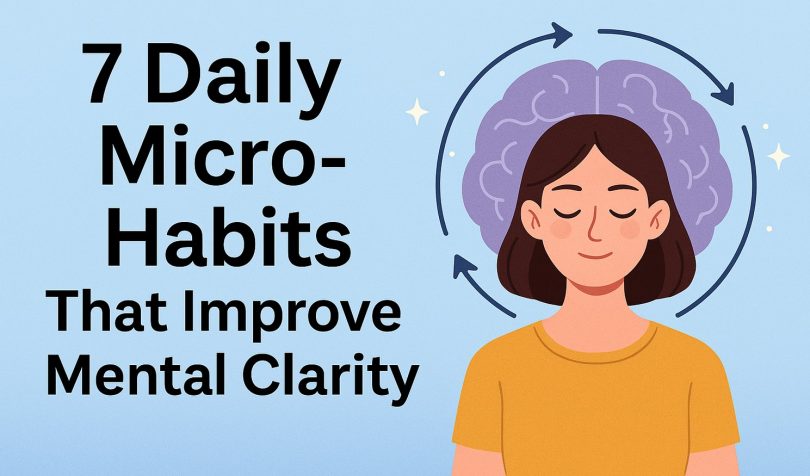Amid the rapid pace of modern life, the concept of mindfulness is becoming increasingly important as a means to promote overall well-being. But what exactly does mindfulness entail? How does it affect our well-being? And how can we incorporate it into our daily lives to experience its wide-ranging benefits? This comprehensive article will explore these queries, grounding our understanding in recent scientific studies and providing real-life case studies for context.
Table of Contents
- Understanding the Concept of Mindfulness
- The Importance of Mindfulness for Mental Health
- Mindfulness and Physical Health
- Practical Ways to Incorporate Mindfulness
- Case Studies of Mindfulness in Action
- Scientific Evidence Supporting Mindfulness
- Conclusion
Understanding the Concept of Mindfulness
Mindfulness, at its core, is about being completely immersed in the present moment, forming a crucial part of mindfulness and well-being. It involves paying full attention to our immediate experience, accepting and observing our thoughts, feelings, and sensations without judgment. This acceptance is key; mindfulness is not about suppressing our thoughts or emotions, but rather, recognizing them for what they are and letting them be. It’s a form of open-hearted awareness that promotes a sense of peace and clarity, significantly contributing to our overall well-being.

The practice of mindfulness has its roots in Buddhist traditions but has been adopted in the West over the past few decades as a therapeutic technique, with an array of mental and physical health benefits. Its adoption has grown so much that it’s now incorporated into various fields, including psychology, medicine, education, and even corporate environments.
The Importance of Mindfulness for Mental Health
Multiple research studies indicate that mindfulness can have a profound impact on mental health. It has been shown to reduce symptoms in conditions like depression, anxiety, and post-traumatic stress disorder (PTSD). But how does it achieve this?
One of the primary ways mindfulness improves mental health, thereby enhancing overall well-being, is by promoting emotional regulation. Through mindfulness and well-being practices, we become more aware of our thoughts and feelings. This heightened awareness better equips us to manage them rather than being overwhelmed. We learn to respond rather than react, which can prevent emotional spirals and facilitate healthier coping mechanisms.
Mindfulness also fosters a greater sense of self-compassion. By observing our thoughts and feelings without judgment, we learn to be kinder to ourselves, recognizing that it’s okay to not be okay sometimes. This self-compassion can play a critical role in mental health recovery and maintenance.
Mindfulness and Physical Health
While the mental health benefits of mindfulness are often highlighted, it’s important to note that mindfulness can also support physical health in various ways. For instance, mindfulness has been shown to enhance immune function, improve sleep quality, and even help manage chronic pain conditions.
These physical health benefits, significant contributors to mindfulness and well-being, are thought to occur because mindfulness can lower stress levels. Chronic stress can wreak havoc on the body, contributing to a range of health issues from heart disease to diabetes. By promoting a sense of calm and reducing stress, mindfulness can play a vital role in safeguarding physical health and overall well-being.
Practical Ways to Incorporate Mindfulness
While the concept of mindfulness might sound lofty, it can be incorporated into daily life in a variety of practical ways. Here are some simple yet effective strategies to cultivate mindfulness:
- Mindful Breathing: Paying attention to the breath can be a simple yet powerful way to anchor yourself in the present moment. Mindful breathing is a fundamental practice that directly links mindfulness and well-being.
- Body Scan: This involves paying close attention to different parts of your body, from your toes to your head, and observing any sensations you feel. This mindfulness practice can promote greater body awareness and contribute significantly to overall well-being.
- Outdoor Mindfulness: Spending time in nature can facilitate mindfulness. Whether it’s feeling the sun on your skin, listening to the sound of birds, or observing the sway of trees, nature offers ample opportunities for mindful engagement and improved well-being.
- Mindful Eating: This involves truly savoring your food, paying attention to the taste, texture, and smell of each bite. Not only does mindful eating enhance the dining experience, but it’s also an effective way of fostering the connection between mindfulness and well-being.

Case Studies
While the benefits of *mindfulness* might sound promising, you might be wondering what they look like in real life. To illustrate, let’s explore some case studies where *mindfulness* made a significant impact.
Case Study 1: Jane, a corporate executive, was dealing with high levels of stress and burnout. Her sleep was poor, and she often felt overwhelmed. After incorporating *mindfulness* practices, including daily meditation and mindful breaks at work, she reported reduced stress levels, improved sleep, and overall better quality of life.
Case Study 2: Tom, a veteran struggling with PTSD, found traditional therapies to be of little help. He then started practicing *mindfulness*-based stress reduction (MBSR), a structured program that combines *mindfulness* and yoga. Within a few months, his PTSD symptoms significantly decreased, and he felt more at peace.
Scientific Evidence Supporting Mindfulness
There is a growing body of scientific evidence supporting the efficacy of *mindfulness* in promoting well-being. Various studies have shown that regular *mindfulness* practice can lead to changes in brain structure and function, particularly in areas related to attention, emotional regulation, and self-awareness.
For instance, a study published in the journal Psychiatry Research found that eight weeks of Mindfulness-Based Stress Reduction (MBSR) led to increased cortical thickness in the hippocampus, which plays a key role in learning and memory, and in certain areas of the brain that play roles in emotion regulation and self-referential processing. There were also decreases in brain cell volume in the amygdala, which is responsible for fear, anxiety, and stress.
Conclusion
*Mindfulness*, despite its simple concept, can have profound implications for our well-being. By promoting emotional stability, fostering self-compassion, reducing stress, and enhancing physical health, *mindfulness* serves as a powerful tool for wellness. Additionally, the flexible nature of *mindfulness* practices makes it accessible for anyone to incorporate into their daily lives, irrespective of their background or circumstances.
As we move forward, it’s crucial to continue fostering a culture of *mindfulness*, promoting its understanding, and encouraging its practice. By doing so, we can all play a part in enhancing collective well-being and fostering a healthier, more mindful society.






